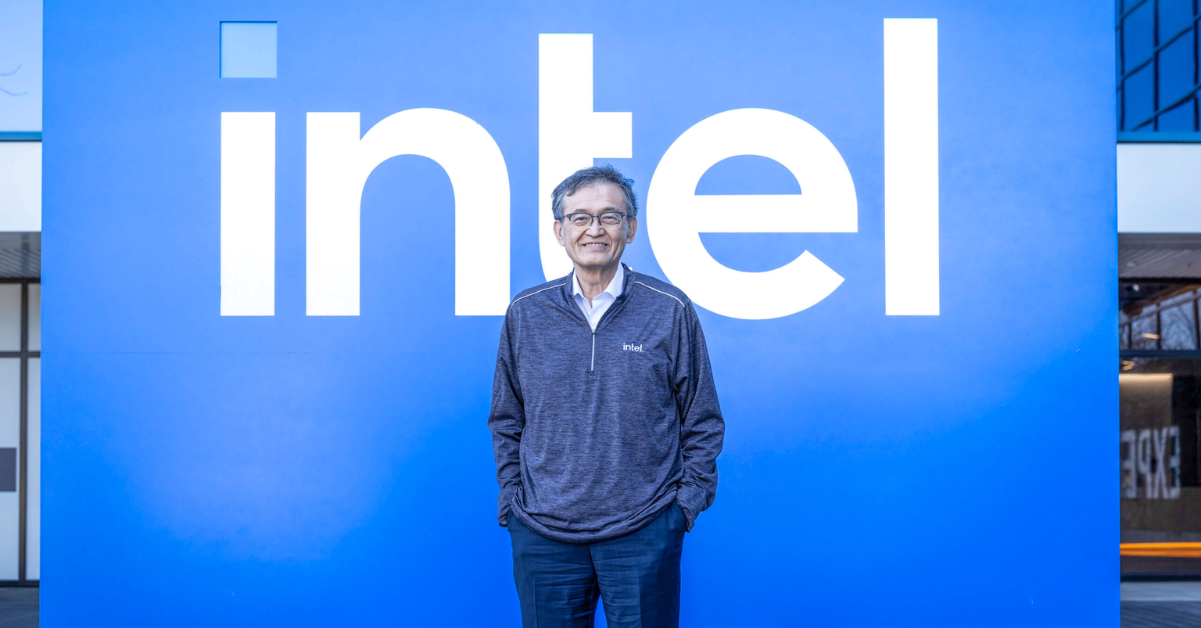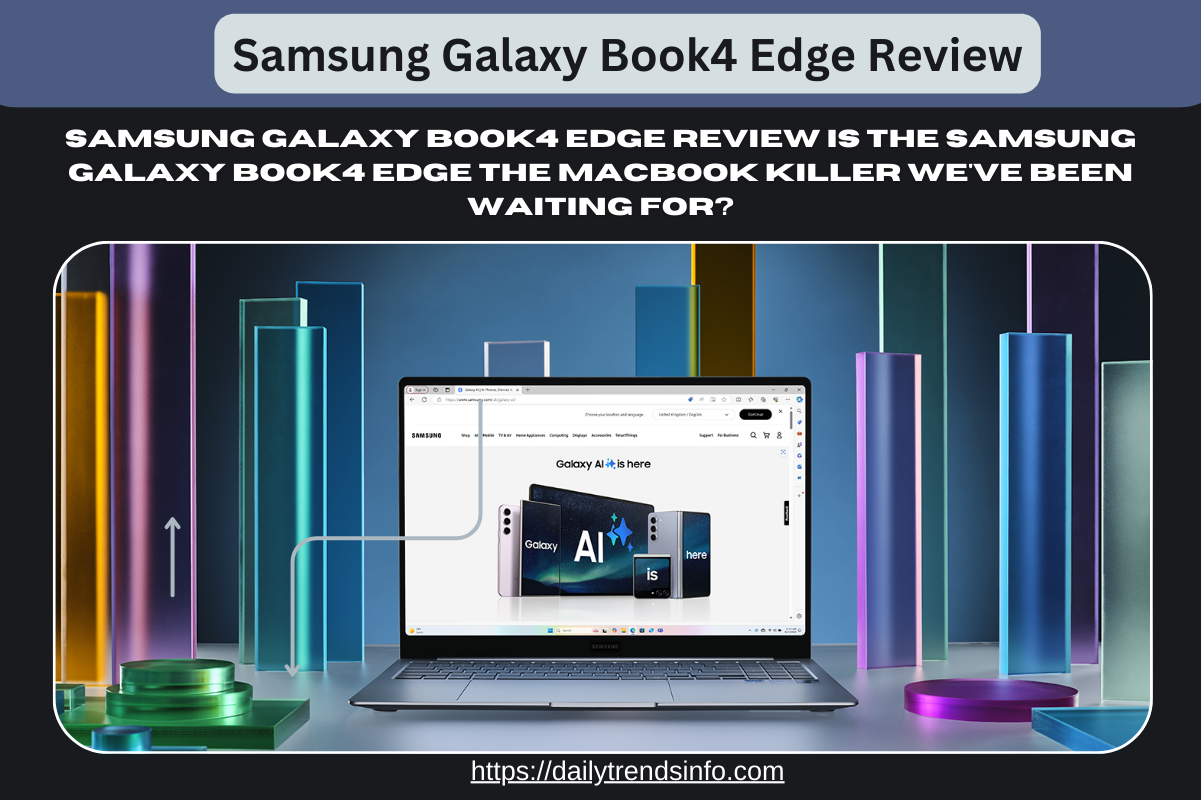intel new ceo lip bu tan
Intel has appointed a new chief executive officer as the chip manufacturing giant attempts to recover from a troubled few years when the one-time industry leader lagged behind most of its rivals.
The company announced Wednesday that it has appointed Lip-Boo Tan, a longtime technology investor and semiconductor industry executive, as chief executive officer after former CEO Pat Gelsinger resigned in December.
BNC Perfetto, a unique combination of style, performanceand powerful battery
Intel’s stock rose nearly 13% during trading after the announcement. By the closing bell on Wednesday, the company’s shares had fallen more than 54%, a sign of deep investor concern about the company’s future.
Tan spent more than a decade as CEO of technology design firm Cadence Design Systems, where he led a “rebuilding of the company,” according to Intel. He is also a founding managing partner of Walden Catalyst Ventures, which invests in semiconductors, AI, cloud computing, and other advanced technologies.
“Lip Boo is an exceptional leader whose technology industry expertise, deep relationships across the product and foundry ecosystems, and proven track record of creating shareholder value are exactly what Intel needs in its next CEO,” Intel interim executive chairman Frank Yiri said in a statement. When Tan becomes CEO on March 18, Yiri will again become the independent chairman of the board.
intel new ceo lip bu tan
And he will have to prove he can be a more efficient CEO than Gelsinger, the company veteran who was thought to be a kind of prodigal son who would fix the company after taking the top job in 2021 but failed to do so.
In August, the company said it would lay off 15% of its workforce as part of an effort to cut $10 billion in costs. And in November, Intel lost its place in the Dow Jones Industrial Average to Nvidia, ending a 25-year streak that began when it was one of the first two technology companies to join the blue-chip index.
The effort to revive Intel, a longtime pillar of the U.S. technology industry, comes as President Donald Trump has sought to encourage investment in U.S. chip manufacturing, as has former President Joe Biden. Advanced semiconductor manufacturing is seen as critical to national security, as chips power countless tech products, from iPhones and AI systems to weapons and medical devices. Taiwan Semiconductor Manufacturing Co. announced earlier this month that it would invest at least $100 billion to expand its U.S. operations.







